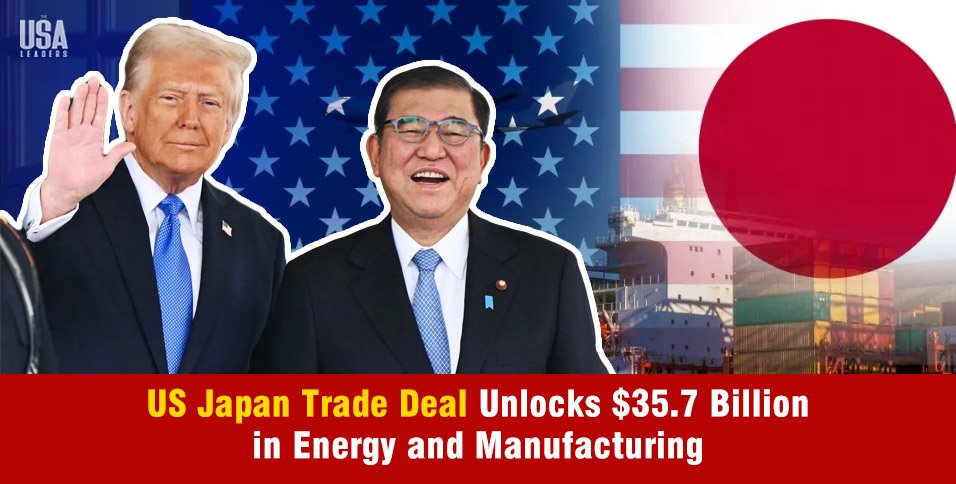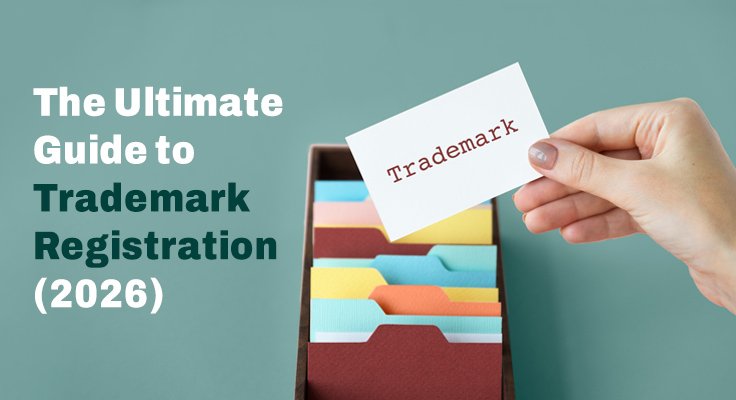The USA Leaders
June 2, 2025
Boise – The hidden penalty of flying alone in 2025 is giving turbulence before boarding the plane. Today, “Unfair Ticket Pricing by US Airlines” is no longer just an occasional grievance—it’s a full-blown consumer issue. Solo travelers, whether flying for work or personal reasons, are finding themselves unexpectedly penalized at checkout. Why? Because they’re booking alone.
This revelation of unfair ticket pricing by US airlines has sparked widespread outrage, drawing attention from business travelers, consumer advocates, regulators, and, increasingly, the general public. If you’re a frequent flyer, a solo traveler, or simply someone trying to understand the economics behind your next airfare, this is a report you cannot afford to skip.
Group Discounts or Gouging? The Hidden Cost of Flying Alone
It started innocently enough. A traveler looking to book a business trip noticed a bizarre pattern: when he changed the passenger count from one to two, the fare per ticket dropped significantly. That oddity sparked a broader investigation, and the findings are nothing short of shocking.
Major carriers—American Airlines, Delta Air Lines, and United Airlines—have been quietly inflating ticket prices for individual travelers, with fares sometimes jumping 30% to 70% higher compared to the same ticket booked for two or more passengers.
For instance:
- An American Airlines ticket from Charlotte to Fort Myers was $482 for one, but $333 per ticket when booking for two. (31% Difference)
- A United flight from Chicago O’Hare to Peoria dropped from $269 to $181—just by adding a second traveler. (50% Difference)
These are not isolated incidents. They’re part of a broader, unadvertised pricing strategy that experts say penalizes solo flyers, especially business travelers who have little choice but to fly alone and often at short notice.
Why Airlines Are Targeting Solo Travelers
Behind this pricing puzzle lies a cold, calculated business logic. Airlines argue—though rarely in public—that solo travelers are often business travelers, a group less sensitive to cost because they book last-minute and often use company funds.
Airlines have long used techniques like minimum stay requirements and advance booking windows to differentiate leisure from business travelers. But in 2025, they’ve added a new layer: fare segmentation based on the number of passengers.
Here’s how it works:
- Solo flyers are steered into higher fare classes with limited availability.
- Lower fares are “unlocked” only when booking two or more tickets.
- These hidden discounts are not advertised or explained in any booking interface.
It’s a move designed to maximize profits, but critics call it a form of economic discrimination—and a particularly unfair trade practice in a time when consumer trust in the airline industry is already fragile.
Industry Response: Radio Silence and Half-Measures
Of the three airlines implicated, only Delta has responded to media inquiries—and even then, with no clarity on their pricing logic. United and American Airlines have stayed silent, despite mounting public pressure and viral social media backlash.
Some carriers have quietly adjusted fares after media exposure, but rather than offering solo travelers access to cheaper tickets, they’ve removed the lowest fares altogether, effectively raising prices for everyone.
This kind of “solution” has only fueled consumer anger and strengthened calls for regulation.
The Broader Backdrop: Rising Airfares and Customer Frustration
This controversy comes as travelers are already grappling with:
- Rising airfare: Ticket prices are expected to climb another 3–4% domestically in 2025 due to strong demand, limited aircraft supply, and ongoing production issues at Boeing and Airbus.
- Junk fees and surcharges: Add-on charges for baggage, seat selection, and even carry-ons continue to drive up the true cost of flying.
- Growing dissatisfaction: The U.S. Department of Transportation reported a 9% increase in complaints last year alone, mostly related to pricing, delays, and cancellations.
The solo traveler surcharge has only added fuel to the fire.
Public Reaction: From Outrage to Activism
When this practice of unfair ticket pricing by US airlines came to light, largely thanks to travel watchdogs like Kyle Potter, executive editor at Thrifty Traveler and View From The Wing, the reaction was swift. News outlets like CNN and The Independent verified the findings and published real-world examples, causing the story to go viral.
- Travelers voiced frustration online, accusing airlines of “gouging the lonely.”
- Advocacy groups called for transparency and regulation to protect consumers.
- Lawmakers began raising questions about fair pricing standards and potential anti-consumer behavior.
It’s become more than a pricing quirk—it’s a debate over ethics, fairness, and trust in one of America’s most essential industries.
What You Can Do as a Traveler
Until airlines are held accountable or adjust their pricing policies, consumers must protect themselves. Here’s how:
- Test the system: Before booking, check prices for one vs. two passengers. If there’s a discrepancy, consider calling the airline or using a travel agent to explore options.
- Use tracking tools: Platforms like Google Flights, Hopper, or Skyscanner can alert you to price drops and inconsistencies.
- Advocate for change: Contact airlines directly, post on social media, and support organizations pushing for pricing transparency.
- Know your rights: The U.S. Department of Transportation allows consumers to file complaints about deceptive practices. Use that channel when appropriate.
Final Thoughts: Time for Transparency in the Skies
Unfair ticket pricing by US airlines isn’t just a niche problem—it’s a reflection of broader issues in the travel industry: opaque pricing, profit-first policies, and a lack of accountability.
As airlines continue to refine their revenue strategies, travelers must stay informed, vocal, and united. In 2025, flying solo shouldn’t mean paying more for the same seat.
If regulators, journalists, and consumers keep the pressure on, the days of secret solo surcharges may finally be numbered.
Also Read: Trump Tariffs Blocked by Trade Court: Is MAGA on Pause?





























